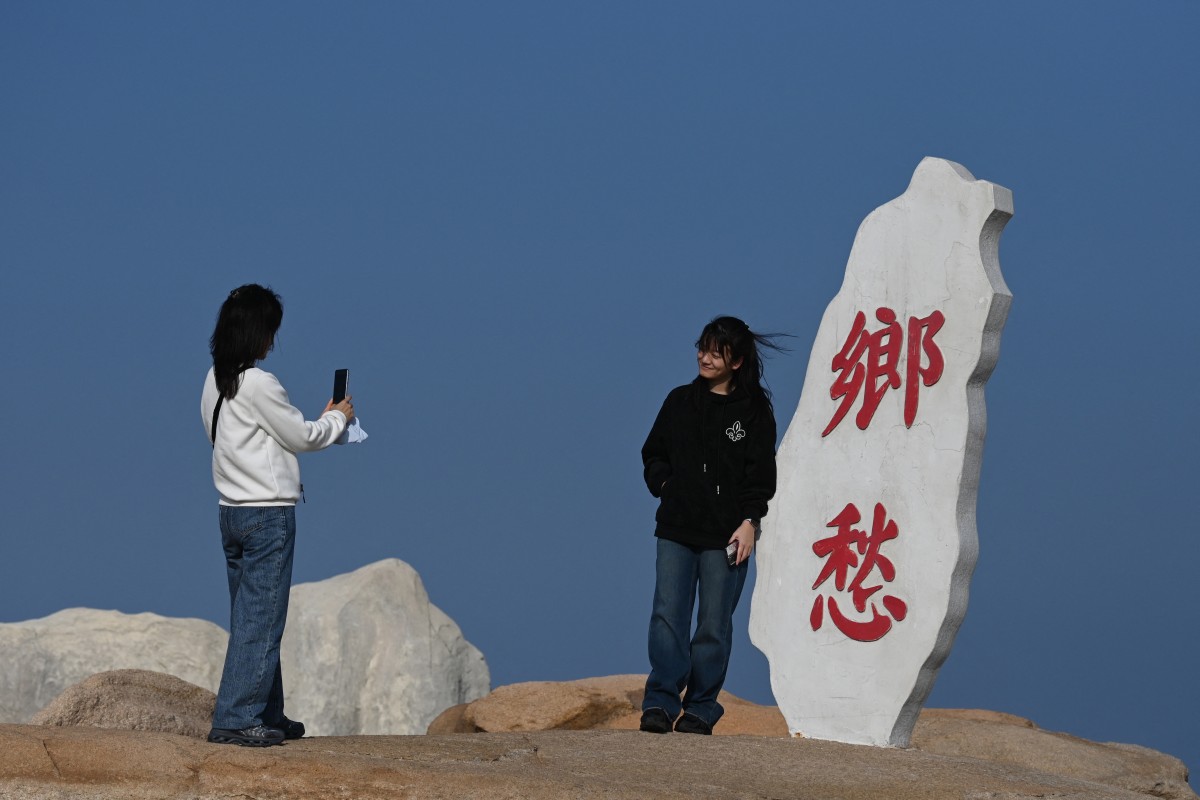Taipei has raised the alarm about the growing risks Taiwanese people could face when visiting China, pointing to an expanded state secrets law that will take effect on Wednesday.
Chinese lawmakers passed the revised Law on Guarding State Secrets in February, according to state news agency Xinhua, expanding the definition of such sensitive information to include a new category known as “work secrets”.
For people from democratic Taiwan — which Beijing claims as part of its territory — the expanded law means the risk of visiting China is likely to “increase significantly”, Taipei’s Mainland Affairs Council (MAC) said in a statement Tuesday.
Under the updated law, the “work secrets” category is defined as information that is “not state secrets but will cause certain adverse effects if leaked”, according to the MAC, which handles cross-strait affairs.
It added that the expanded legislation was “highly vague and may cause people to break the law at any time”.
At the time of the law’s passage, Xinhua said it stressed “the importance of upholding the CCP’s (Chinese Communist Party’s) leadership over work to guard state secrets”.
The MAC criticized Beijing for “continuously using legislations” to strictly monitor overseas visitors to China, saying cases of “fabricated crimes” being leveled against Taiwanese and foreigners “are not uncommon”.
“We would like to once again remind the public to refrain from going to China for the time being unless necessary,” it said on Tuesday.
Among the most high-profile Taiwanese arrested in China was democracy activist Lee Ming-che in 2017.
He was jailed for five years on a national security conviction and released in 2022.
Last year a Taiwanese man who is vice chair of a minor political party that advocates for the island’s independence was arrested in China and charged with “secession”.
MAC’s announcement on Tuesday comes less than a month out from the inauguration of president-elect Lai Ching-te, whom China considers a “dangerous separatist” who will lead Taiwan down a path of “war and decline”.
He, like President Tsai Ing-wen, rejects Beijing’s claim on the island.







